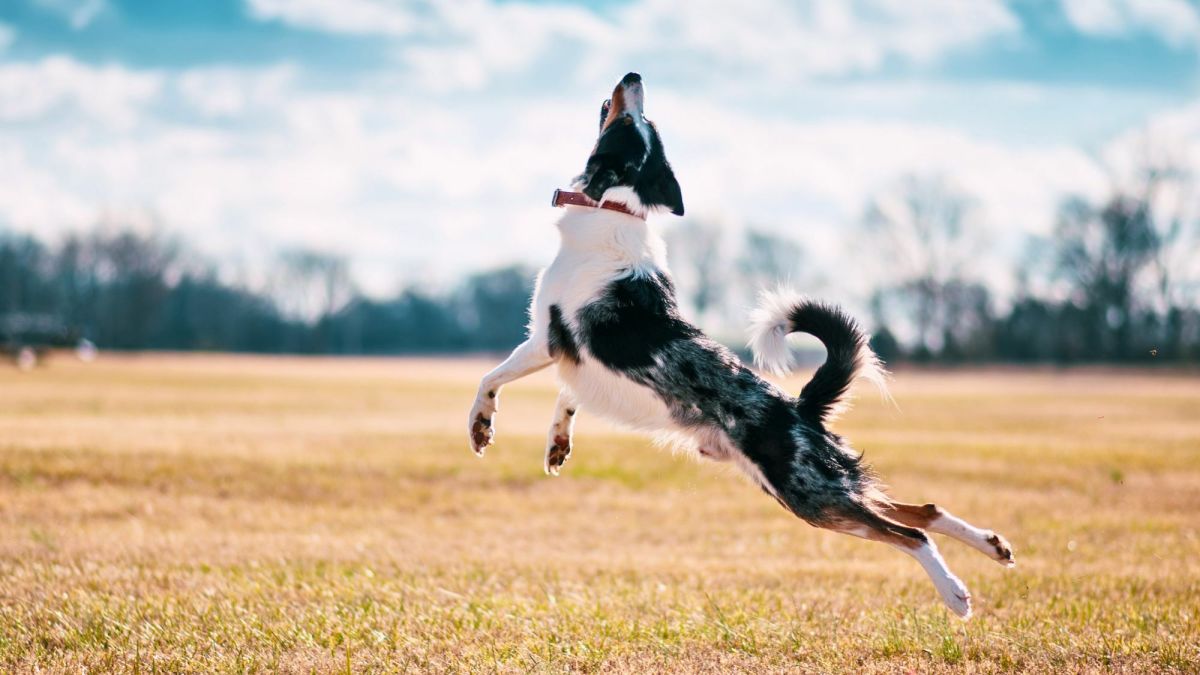Animal Bereavement: The Loss of a Best Friend

The Loss of a Pet
Animals--and not just dogs--are truly man's best friend. Needless to say, when we lose one of our dearest friends, we may fall into a deep spiral of depression. How does one survive the loss of someone so near and dear to us--sleeping by our feet, going with us on long walks, being tended to and fed by us--without such a feeling? It's a difficult time for anyone involved. But there are some steps we can take that can help ease the blow of loss that death causes.

Bereavement as Grief
Medline Plus defines bereavement as "the period of grief and mourning after a death." The website states, "When you grieve, it's part of the normal process of reacting to a loss. You may experience grief as a mental, physical, social or emotional reaction. Mental reactions can include anger, guilt, anxiety, sadness and despair."
Many of us have dealt with these emotions or are currently dealing with them regarding the loss of a pet. We think to ourselves, "If only I had just been there when little Percy needed me," or "If only I had been able to give them more walks and more attention during the workday." These are all normal and even necessary emotions in the processing of the loss of a pet. Without some form of grief, our brains would simply not know how to begin to heal from such a loss. According to Scientific American's article Two Big Myths About Grief, common feelings surrounding grief involve "yearning for the deceased, feeling that life has lost its meaning, having anxiety about the future and experiencing shock at the loss." Additionally, depression on the part of the bereaved may include, "feeling sad and self-critical, having suicidal thoughts, lacking energy, and undergoing disturbed appetite and sleep." So, despite claims of resiliency being possible after loss of a long-term relationship, at least some sadness is to be expected.

What You Can Do
Studies have shown that there is a direct correlation between the reduction of grief and anxiety and positive, fitness conscious activity. If you haven't already, once your friend has passed, try getting into yoga, or at least its cousin in breathing techniques, pranayama. Just five to ten minutes a day of taking a moment to oneself to slowly breathe in, then out, in repetition, can greatly reduce the levels of your anxiety. Yogis are familiar with what's called a grounding, a sense of drawing yourself in connection to the earth and your surroundings without over analyzing the present moment, the past, or the future. There is significant evidence to prove that the practice of yoga, including the aforesaid grounding or rooting, can be extremely beneficial in times of high stress response, anxiety, and/or depression.
An article in Harvard Health Publications from Harvard Medical School entitled Yoga for anxiety and depression states that:
"By reducing perceived stress and anxiety, yoga appears to modulate stress response systems. This, in turn, decreases physiological arousal — for example, reducing the heart rate, lowering blood pressure, and easing respiration. There is also evidence that yoga practices help increase heart rate variability, an indicator of the body’s ability to respond to stress more flexibly."
The article additionally states that a regular practice of yoga boosts mood overall:
"In a German study published in 2005, 24 women who described themselves as 'emotionally distressed' took two 90-minute yoga classes a week for three months. Women in a control group maintained their normal activities and were asked not to begin an exercise or stress-reduction program during the study period.
Though not formally diagnosed with depression, all participants had experienced emotional distress for at least half of the previous 90 days. They were also one standard deviation above the population norm in scores for perceived stress (measured by the Cohen Perceived Stress Scale), anxiety (measured using the Spielberger State-Trait Anxiety Inventory), and depression (scored with the Profile of Mood States and the Center for Epidemiological Studies Depression Scale, or CES-D).
At the end of three months, women in the yoga group reported improvements in perceived stress, depression, anxiety, energy, fatigue, and well-being. Depression scores improved by 50%, anxiety scores by 30%, and overall well-being scores by 65%. Initial complaints of headaches, back pain, and poor sleep quality also resolved much more often in the yoga group than in the control group."
As one can see, embarking on a path of yoga following the loss of a pet can truly help in getting our positive motivation back. Though it would not help everyone, it cannot hurt to try. As with all exercise, check with your doctor to make sure your health plan is right for you.

In Memorium
We've discussed the manners in which we can help ourselves get through the loss of a pet who was very close to us, but we have not discussed the importance of commemorating the life of the lost pet. Doing so can provide us with a sense of much-needed closure and dutiful honor to the memory of the life of our lost friend.
One manner of doing so involves a funeral service or cremation service. You may laugh, but it is not so ridiculous--businesses have sprung up all around the country and world that provide burials and cremations just for one's passed on furry friend, and more and more people are coming to these businesses to seek solace in their state of bereavement.
Another way one can commemorate the life of a passed on animal is by planting a tree in his or her name. That way your friend can always be remembered by the family for years to come, and his or her life can be seen as having a renewed purpose, perhaps watching from another state of existence upon this newly planted tree, making sure it grows healthy and strong.
Finally, if there are children feeling the pain of loss, too, don't be afraid to tell them the reality of the situation. You don't need to be totally blunt about it, but children are remarkable listeners and will try to understand what this loss means, even if they cannot wrap their minds around it entirely. Don't be afraid to create a kind story as to the whereabouts of said lost pet--often a young mind is just too sensitive to understand that Fido is in a box underground somewhere; a little creativity--with a dose of reality--can go a long way in preventing a prolonged trauma for your children.
Conclusion
To conclude, I will say this: the loss of a pet can be the single most overwhelming situation in which one can find oneself. There is simply no way to prepare fully for the death of a pet whom we choose to be a part of our life--over time, they become like our children, relying on us for food, care, and guidance. With a little bit of help from modern exercise systems like Yoga, breathing techniques like pranayama, and the honoring and commemoration of our pet, we can slowly begin to heal, and get on with the good things left in life.








